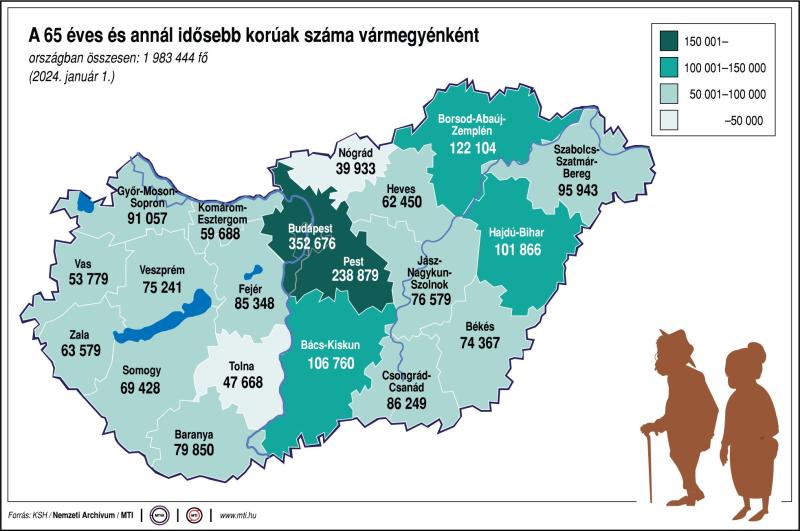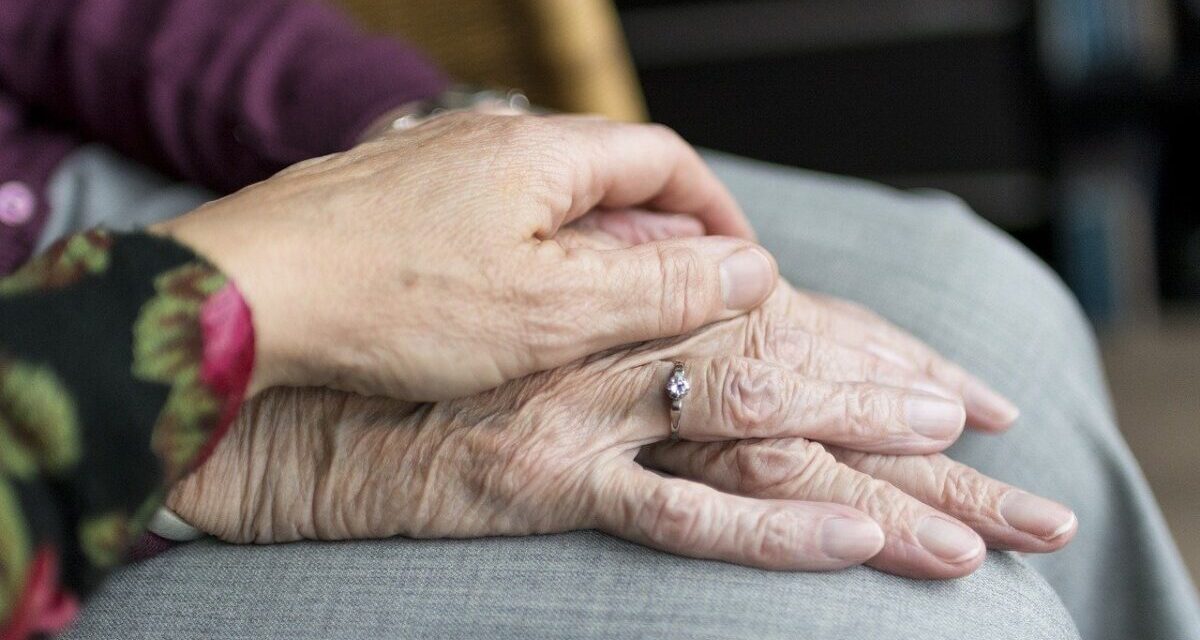Thanks to the measures taken so far, more and more people are reaching an older age, and even the number of years they live in health is getting higher and higher.
Hungarian families also play a key role in the care of elderly people living with dementia, and the government and NGOs therefore pay special attention to the support of family members who care for them, writes the Mária Kopp Institute for Population and Family Affairs (KINCS) in its announcement.
In its statement issued on the occasion of the International Day of the Elderly, the institute emphasized: In Hungary, recognition surrounds the elderly, who play a decisive role in our everyday lives.
" In order to preserve their physical and mental integrity, improve their quality of life, and increase their healthy life expectancy, the government pays special attention to the treatment of diseases affecting the elderly, including dementia, which is increasingly becoming a public disease, " they wrote.
They added that according to the latest representative survey by KINCS, 91 percent of Hungarians are aware of the concept of dementia, and 26 percent of them have a relative or acquaintance who has been diagnosed with this disease.
It was recalled that since 2010, the government has taken many steps to preserve the physical and mental health of the elderly. Thanks to the measures taken so far, more and more people are reaching an ever-older age, and even the number of years they spend in health is getting higher and higher, they added.
The healthy average life expectancy at age 65 for men in 2023 was 7.1 years, while it was 7.8 years for women, which is 1.6 years higher for men and 1.8 years higher for women than it was in 2010 - was introduced.

They also drew attention to the fact that as the average age increases, the incidence of dementia and other mental illnesses in the elderly becomes more frequent, thereby increasing the number of people in need of care and support. In 2020, there were already 187,000 people affected by dementia living in Hungary, and according to estimates, their number could reach 300,000 by 2050, they explained.
KINCS reported that, according to the current state of medical science, dementia cannot be cured, however, the deterioration can be slowed down, but for this, it is necessary to recognize and diagnose the set of symptoms as soon as possible. The family has an important role in early detection, they underlined.
They pointed out that among the predisposing factors there are those that we can influence, thus reducing the risk of developing dementia. Therefore, it is important to emphasize the role of regular exercise, healthy nutrition, treatment of high blood pressure and diabetes, and avoiding head injuries, they said.
MTI
Photo: Pixabay













